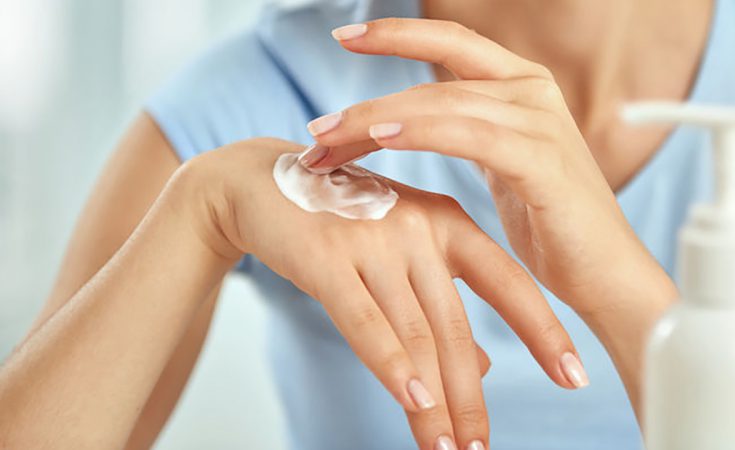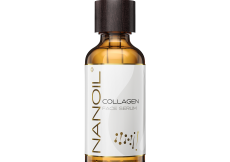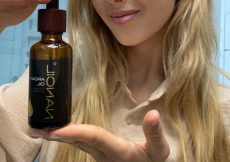I was looking long for some good substance or a cosmetic that would moisturize and soothe my extremely dry skin. Eventually, I decided to try out something that people affected by atopic dermatitis are advised to use – emollients. How do they serve my skin?
What are emollients and how do they work?
Emollients are substances that are supposed to moisturize, lubricate and make skin more resilient. Actually, you can find them in many skin care products such as body balms, oils, creams and ointments. Their are responsible for limiting TEWL, which is transepidermal water loss. Emollients create an occlusive layer on skin’s surface that protects epidermis from losing water on one hand, and on the other the same occlusive layer shields skin from external aggressors.
Effects? Skin is well-hydrated, smoothed out and soft. Moreover, skin self-regenerating processes are more effective, so is the fight against ailments and diseases such as: dry skin, eczema, allergy, atopic dermatitis. As it’s now plain to see, it’s a good idea to make use of emollients, even as a kind of prophylaxis. But mostly you should treat your skin with emollients when you suffer from dermatological problems.
What are the chemical constituents of emollients?
Products containing emollients differ in terms of the substances they are made of, types, purpose and effects. You can find there the following ingredients:
- occlusive agents – they prevent water from evaporating; they are: Vaseline, paraffin, mineral oils, lanolin, waxes and some alcohols
- humectants – are able to bond water in all skin layers; they are: glycerin, urea, hyaluronic acid, lactic acid
- epidermal lipids – influence and improve epidermis, replenish skin with water, make it more resistant to damage, prevent inflammations and allergies
- antipruritic agents – these are, among others, menthol and camphor
- anti-ageing agents – collagen, retinol, hyaluronic acid and vitamins
- immunologic agents
- sun protection filters
Emollients in hair care
Both scalp and hair need protection from aggressive external agents, too. This is why you should reach for shampoos containing natural oils, omega 3, 6 and 9, allantoin and d-panthenol. Such shampoos don’t encourage oily roots but soothe scalp and eliminate dandruff.
Is there something I forgot to add? Or perhaps you have more questions concerning emollients in skin and hair care? I’m waiting for your comments.



